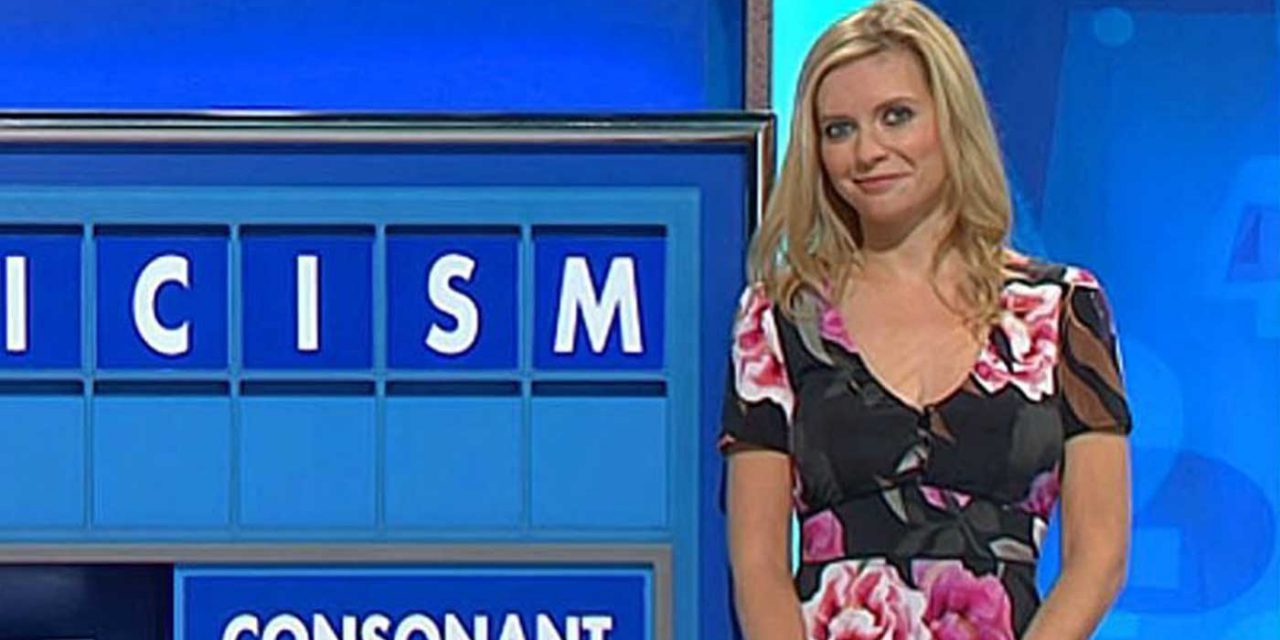Countdown star Rachel Riley has told LBC host Nick Ferrari that she “burst into floods of tears” after exit polls predicted a Conservative majority.
Speaking after Boris Johnson led the Conservatives to a majority of 78, with just one undeclared seat remaining, she revealed: “Yesterday when I saw the first exit poll, I’ll be perfectly honest, I burst into floods tears and I couldn’t control the emotion because it’s been the hardest year.”
“I think I speak for a large number of Jews when I say it’s just tearing people apart,” she added, in a reference to the row over antisemitism.
Riley, who has been a vocal critic of the Labour Party on the issue, said: “A lot of the way we’ve been fighting is by using Twitter to expose things that have been happening and Twitter is largely skewed.
“So to actually see that the general public, Britain, rejects terrorist supporters, it rejects antisemitism, it rejects bigotry. It’s all the things that, as a Brit, I’m proud of my country for.” (Read the full article at Jewish News)
Rachel Riley has been abused heavily by “Twitter trolls” over the past year, many of whom are Labour activists and “Corbynistas”. The abuse she has suffered has been amplified by the left-wing nature of the platform.
Many in the Twitter community are probably feeling a bit shellshocked from this election result as if you were to gauge public feeling from Twitter you would have a very left-wing outlook.
Sadly, many media outlets are guided by the feelings of the Twitter userbase. An example of this is after an election debate between Boris and Corbyn on ITV. The channel chose to gauge the result of the debate with a Twitter poll which said Corbyn won it by 75%. A clear distortion of the nation’s feelings.
The problem with social media, especially Twitter, is that what you see is based on those you follow. A user is able to surround themself in a bubble, an echo chamber of people who agree with their worldview. They then come under the illusion that everyone thinks the same way they do because all the voices they see on Twitter are reinforcing what they believe. People find it hard to accept that there are greater degrees of thought surrounding a particular issue which they are not exposed to inside their bubble.
Rachel Riley has been fighting this left-wing narrative on Twitter, standing up to those who hate Israel and espouse anti-Semitic views. She has probably felt quite alone during that time with more voices against her than on her side. So this election has been the wakeup call needed for the haters and vindication for Rachel.
It is important to note that younger people use Twitter than other age groups. Also, there is evidence of journalists being heavily influenced by what they see on their Twitter feeds. It is why we see articles written about a single tweet, or why many people start to replicate the messages of their influencers. Even “free-thinking” journalists.
Related Articles:












